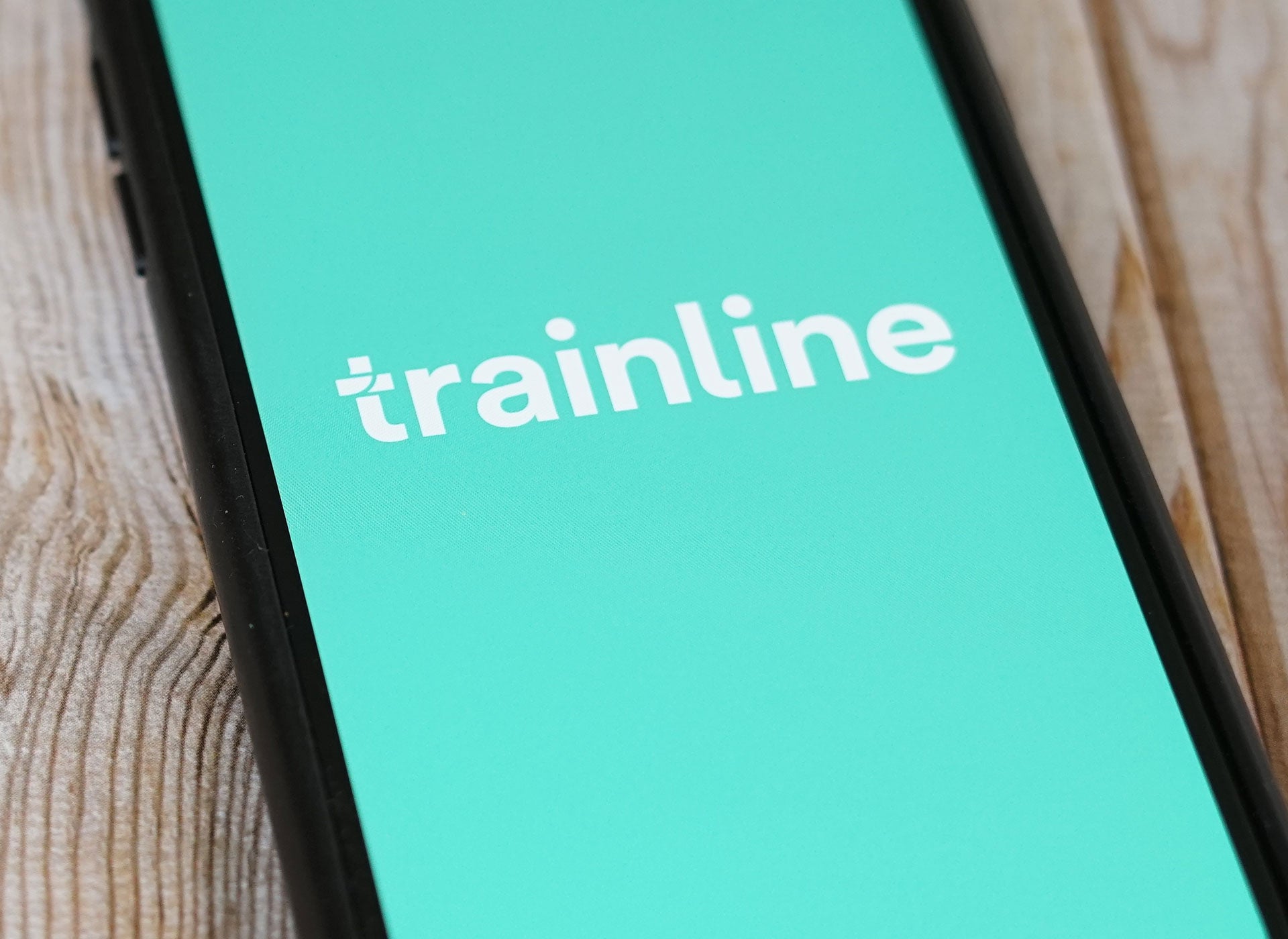
For many UK commuters, the country’s rail industry may evoke feelings of frustration, with the announcement earlier this month that rail fairs will rise by 2.7%, despite train delays causing passengers to lose almost four million hours in 2018 according to Which?
However, an industry that may at times appear archaic has seen the emergence of travel technology companies on a mission to alleviate some of these pain points.
With 96 million visits a month and 350 train tickets sold every minute, Trainline is part of this digital transformation.
Trainline now employs over 300 travel tech specialists and engineers, and has gone beyond being simply a ticket seller to a tech company harnessing data to impact multiple aspects of the industry.
Selling tickets to people living in over 175 countries, the company unsurprisingly has access to a wealth of data, which in turn can be used to improve customer experience.
“We have a wealth of data at Trainline, both the purchasing side and what trains are doing. But essentially my role revolves around how we can use data, extract value from it and build data products that basically make people’s lives better when they’re traveling”, said Sam Taylor, head of data science at Trainline.
“In Trainline’s domain there’s a lot of data to use. There’s 35,000 rail stations and 18,000 coach stations across Europe, and then there’s a lot of data on fares and journeys you can travel. With all this data you need to build smart things on top of it, to really help you cut through and get to what you’re trying to achieve.”
Using data to improve rail travel
In 2018, The Department for Transport published the Joint Rail Data Action Plan, a policy paper outlining how it intends to improve the quality and the openness of rail data.
However, the private sector has often been the driving force behind data-fuelled innovation in this industry and others.
Taylor believes that the transport industry is ripe for innovation in this area:
“In industry [data] is super important. If you think about ecommerce sites in general, typically data is used when you’re buying on an e commerce site. But if you think about travel on trains and in coaches, there’s actually data beyond that purchasing experience. The end to end from searching for the way you want to travel, then buying [a ticket], and then actually traveling. There’s a lot longer lifecycle of data that’s really useful.”
With 84% of its visits every month coming from mobile, improving customer experience is key. Trainline began selling train tickets online back in 1999, and since then the world of e-commerce is almost unrecognisable.
From purchasing paperless tickets on the go via apps, to real-time arrival and departure information, customers expect an increasingly streamlined and intuitive experience.
“People really expect data to be at their fingertips and they expect it to be simple” says Taylor. “That’s why we’ve built some of these features. When you’re traveling you need to be able to understand what delays and disruptions are there. If you don’t have this data it’s really hard to plan. People expect to have this information at hand when they need to make decisions. And they also expect it in a simple mechanism of delivery to use- a simple interface to get access to it.”
Transforming data: How Training is disrupting the travel industry
However, the company has gone beyond improving its interface, and has also moved into deploying machine learning and artificial intelligence to transform data into innovative products.
According to Technavio, the global travel technology market is expected to grow by $6.4bn between 2019 and 2023, but the rail industry has often been slow to embrace this.
Taylor said that Trainline’s Splitsave product, which calculates whether passengers could save money by purchasing multiple tickets for different parts of a journey, and its Price Protection tool, are examples of how machine learning is changing this:
“At Trainline’s scale you often have to innovate in a way that delivers great experience to the masses. SplitSave is an example of this. Split tickets was kind of a niche thing that a special few in the train industry knew how to use. what’s unique about Trainline is we can give that great experience to millions of people. And we often have to do that in unique ways because of the scale that we’re at.
“Price protection was released to help customers plan how they buy advance ticket. It gives the ability to predict when an advanced price may rise. So it really helps customers choose the best time for when they should buy that ticket. So that uses a couple billion data points to predict when advanced tickets are going to increase in price. And that’s a super important feature for our customers that we use machine learning for.”
However, when it comes to data, the question of privacy is never far off. Taylor explains that the company makes use of open, industry data:
“All of our machine learning and data products don’t actually use personal data. So they’re really about how we can use other types of data to deliver this value. Privacy is always at the centre of our thoughts and making sure we’re up to speed on everything.
“There’s obviously industry data that we use. Some of that is open, such as running times of trains, and also data about what people search for. And that’s industry data again, but it’s generated through a form of what customers do but nothing to do with personal aspects of customers.
Ultimately, any innovation must contribute to the company’s overall aim of “moving people to more sustainable forms of travel”, and making experiences personalised and frictionless goes some way to achieving this:
“One of Trainline’s objectives is we want to move people to more sustainable forms of travel. So train and coach and moving away from plane and car. And if we can do that by giving great customer experience and saving price then that’s a great win for sustainable travel.
“It’s about giving people options. So the more options you have of traveling in these ways, rather than by plane, or in cars, the better. I think there’s going to be a big steer on how that progresses. And we’re really focused on making that super easy and providing all the choices available to customers.”
Read more: Travel technology: Would you let AI book your next holiday?







